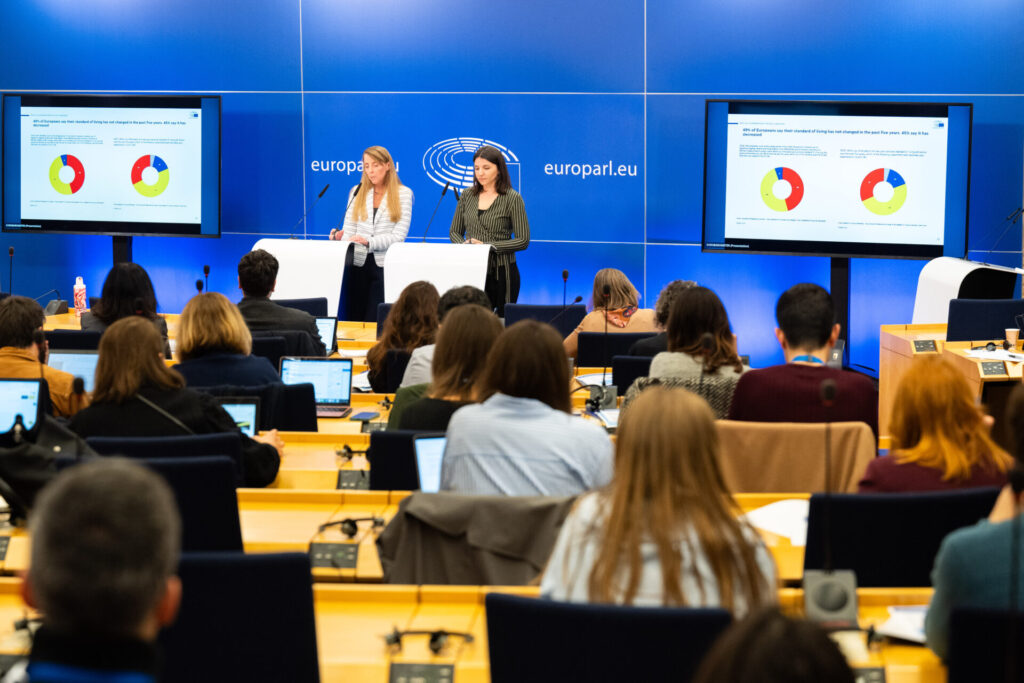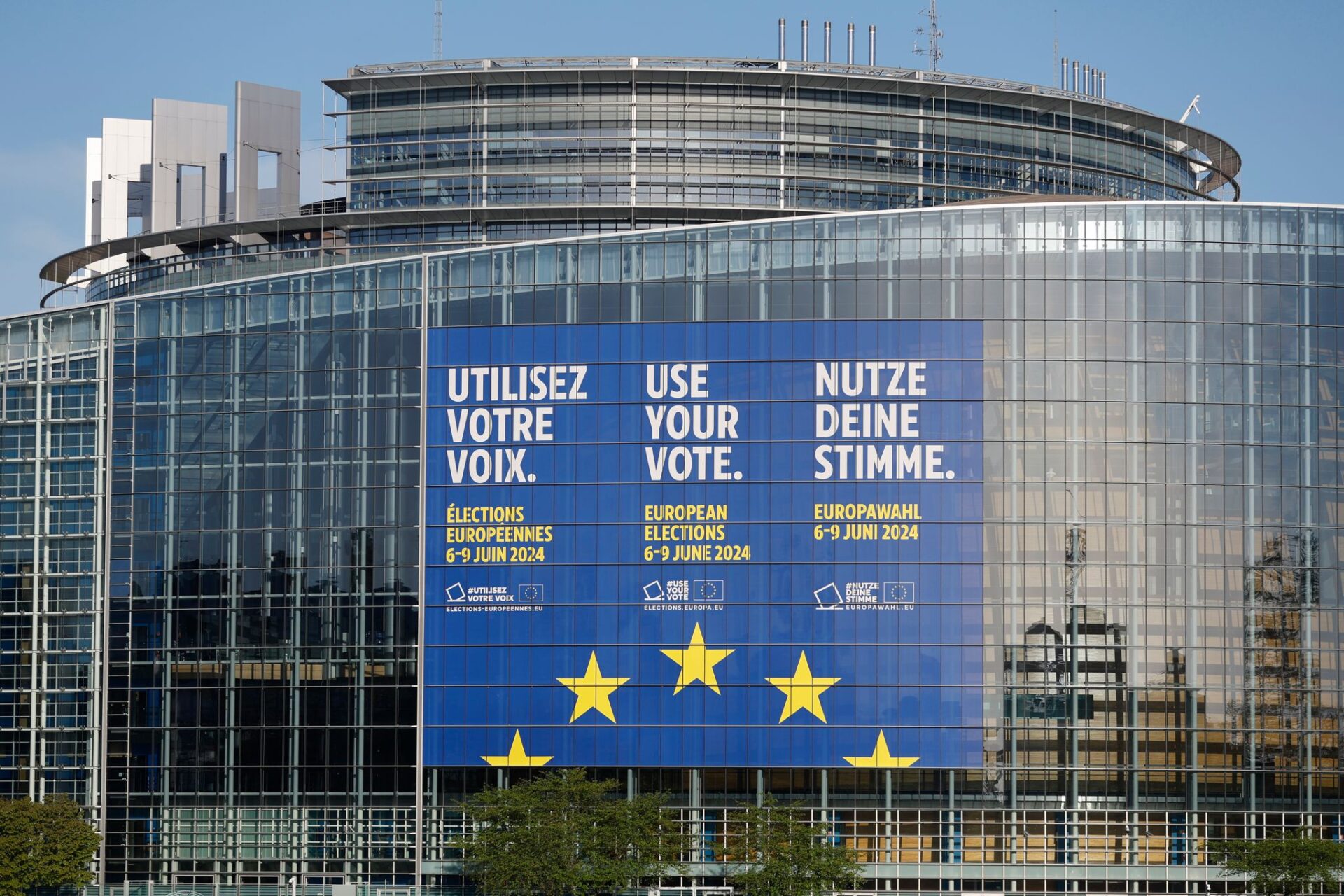Data published by the European Union’s statistical office, Eurostat, on 4 April shows that millions of young EU citizens will be able to vote for the first time in June’s European Parliament elections. Across the bloc, more than 400 million people are eligible to cast their vote in the 10th parliamentary election since the first direct elections in 1979. In the first post-Brexit European elections, the number of elected Members of Parliament (MEPs) is set to increase from 705 to 720.
According to the available data, the highest numbers of first-time voters are expected in Germany (5.1 million), France (4 million) and Italy (2.8 million). The lowest numbers are expected in Malta (20.000), Cyprus (3.000) and Estonia (70.000).
On April 17, the European Parliament published its 2024 Spring Eurobarometer survey, the last before the EU elections in June. Among other things, the survey evaluated how interested EU citizens are in the elections, how likely they are to vote and which issues they consider important in the run-up to the elections.
A total of 26,411 EU citizens aged 15 and over were interviewed across the 27 EU member states. Looking at young people, the data for 15-24 year-olds shows how voters in Generation Z view the upcoming elections.

Spring Eurobarometer: priorities and likelihood to vote
According to the survey data, 51 percent of respondents aged 15 to 24 said they were interested in these elections, compared to an average of 60 percent of all EU citizens. 48 percent of respondents in this age group said they considered it highly important to vote in the EU elections, a slightly lower result compared to the average of 53 percent of all EU citizens.
At the time of the survey, when asked how likely they would be to vote in the EU elections, 63 percent of respondents in the 15-24 age group said they would be likely to vote if the elections were to be held a week later. 71 percent of all EU citizens said they would do the same. For comparison, the overall turnout for the 2019 elections was 50.66%.
The survey also highlighted citizens’ priorities ahead of the EU elections. For young voters aged 15-24, the three most important topics that should be discussed as a matter of priority during the election campaign were action against climate change (33 percent), the fight against poverty and social exclusion (31 percent) as well as support for the economy and the creation of new jobs (29 percent).
When asked which values the European Parliament should defend in the next five years, respondents in the 15-24 age group highlighted peace (42 percent), the protection of human rights in the EU and worldwide (28 percent) and democracy (27 percent).
Asked whether they agree that voting is important to ensure a better future for the next generations, the youngest respondents scored higher than those in other age groups, with 86 percent of them agreeing compared to 84 percent of all EU citizens. A large majority of 15-24 year olds also agreed that voting is important to keep democracy strong (86 percent) and that the current international context makes voting even more important (83 percent).
How young are the youngest voters?
EU-wide, voters under the age of 18 will be able to cast their ballot in June in five countries: in Austria, Belgium, Germany and Malta from the age of 16 and in Greece from the age of 17.
The extension of voting rights to 16 and 17 year olds is in line with a long-standing demand from youth organisations. In its own campaign in the context of the upcoming European elections, the Brussels-based European Youth Forum – a platform of youth organisations in Europe – has called for a general lowering of the minimum voting age to 16 for all local, regional, national and European elections.
The organisation argues that young people are already underrepresented in the European Parliament. According to the organisation, the average age of MEPs is 50, but only six out of 705 MEPs are under 30.
In the 2019 European elections, 42 percent of under 25-year-olds across the EU voted. While this was a significant increase in turnout for this age group compared to 2014, it was still lower than the total voter turnout of 50.66 percent.
This article is part of the enr’s EU Elections Spotlight: Gen Z going to the EU ballots. The content is based on news by agencies participating in the enr.
